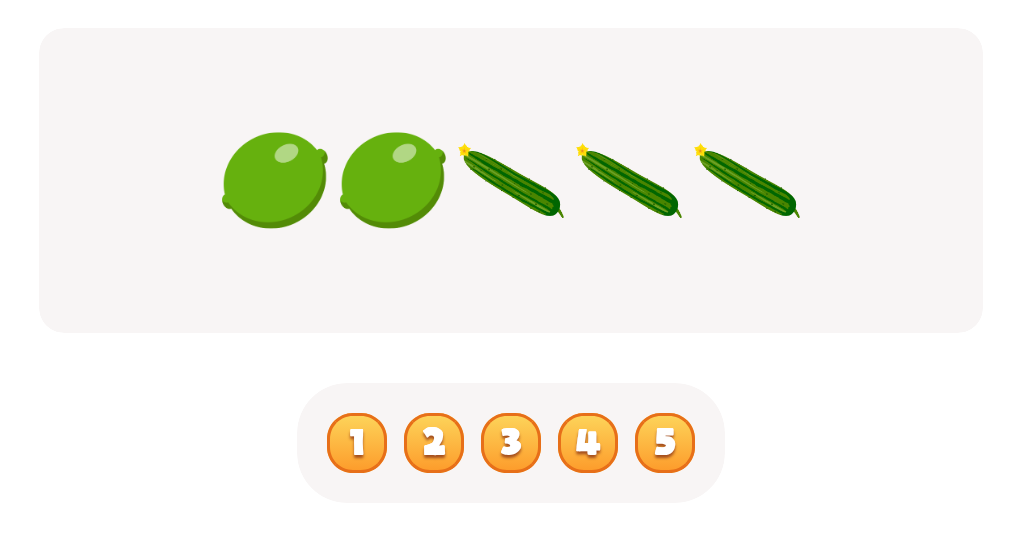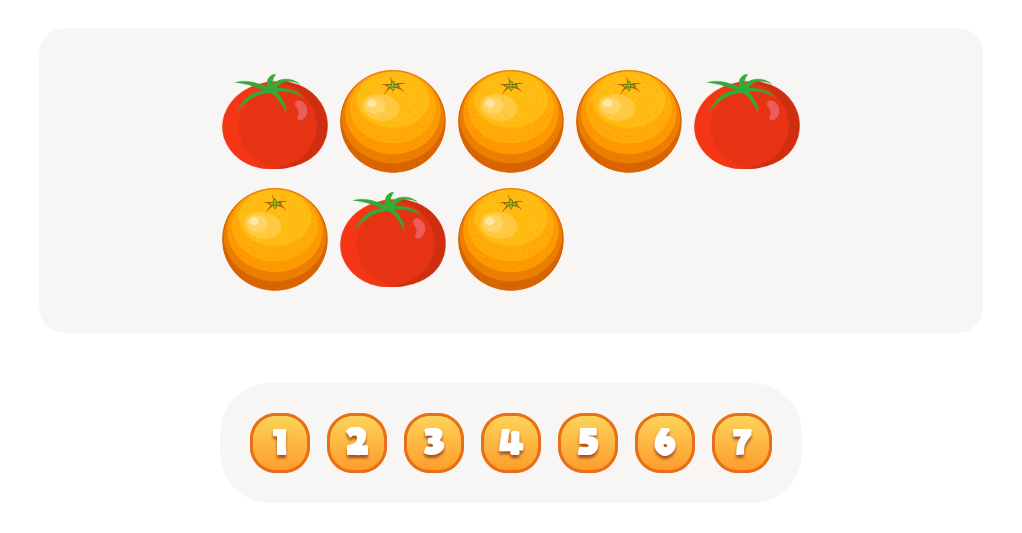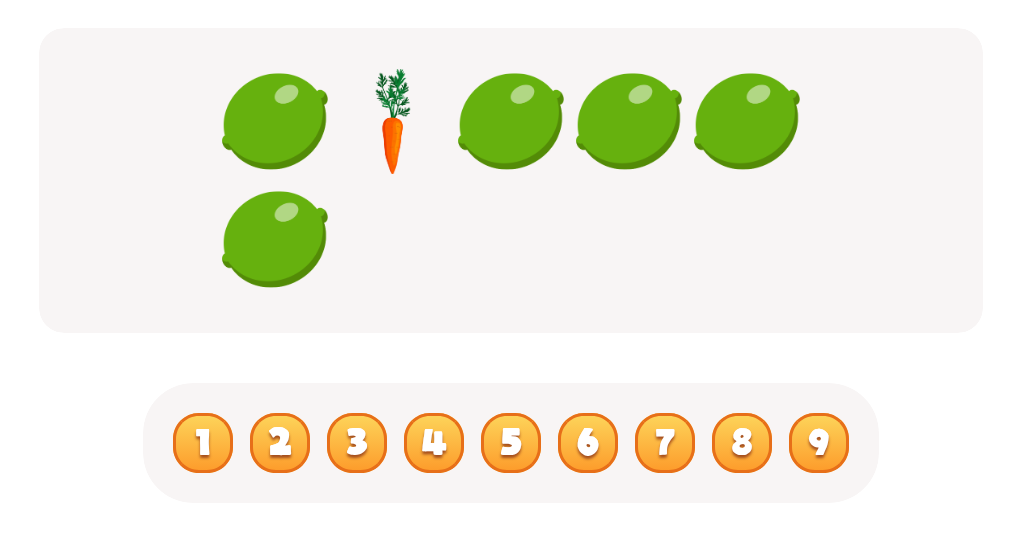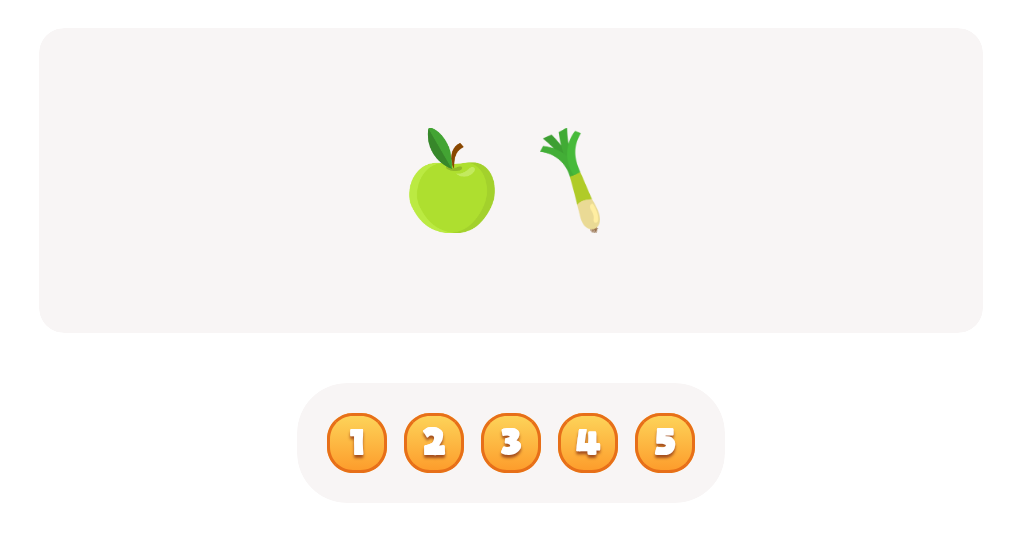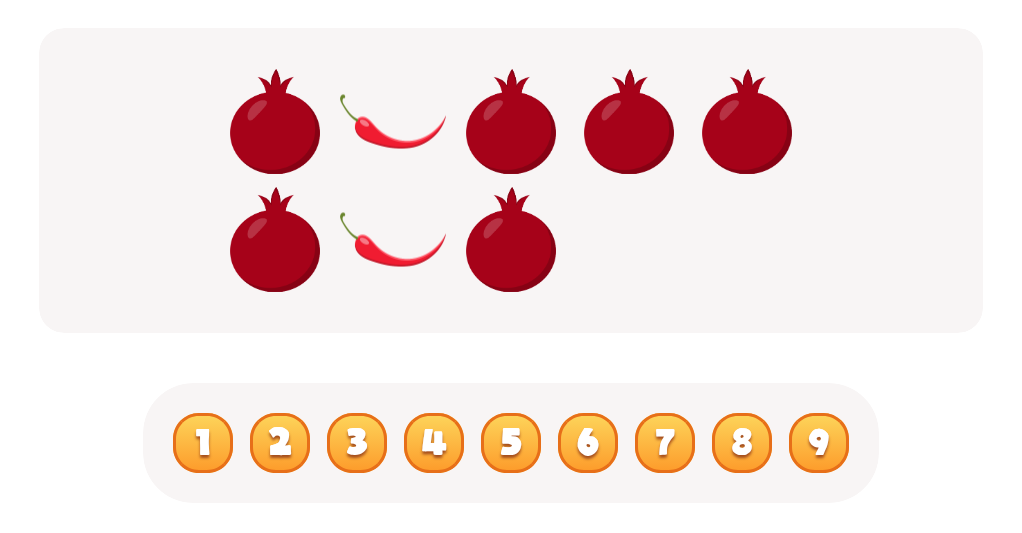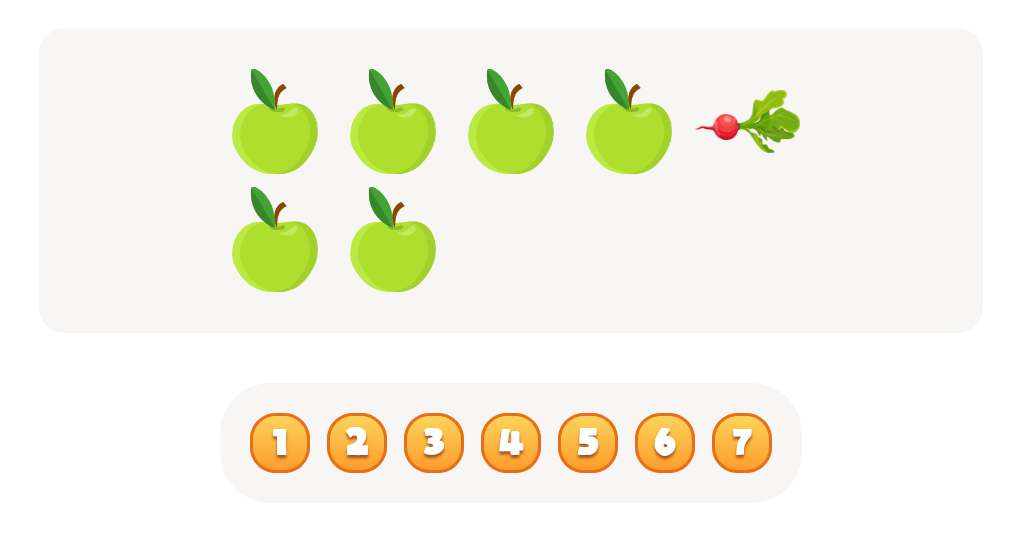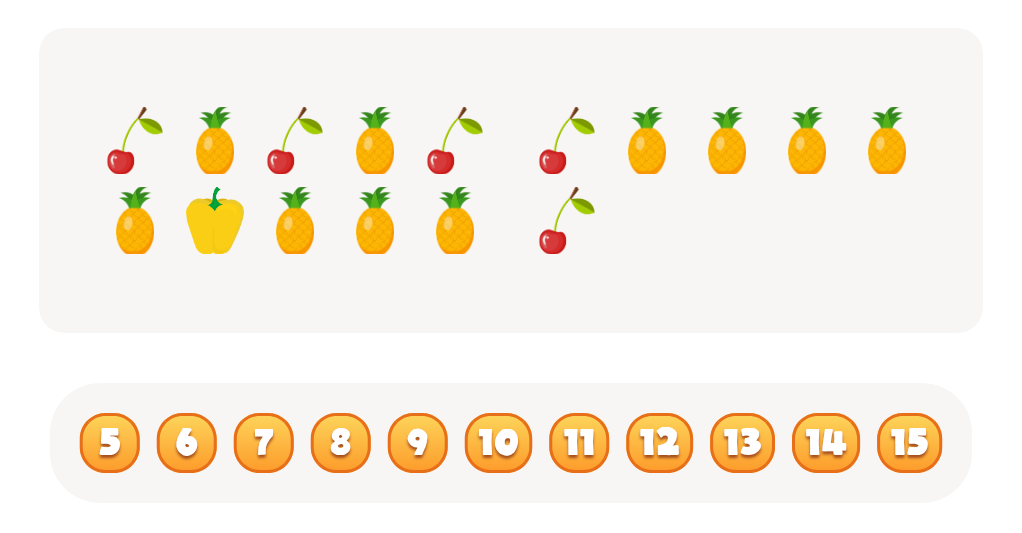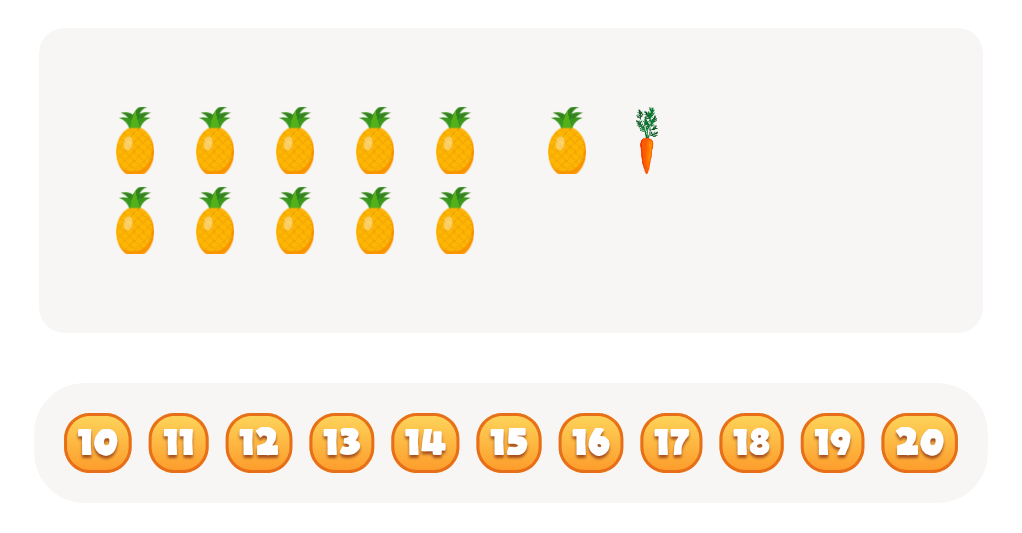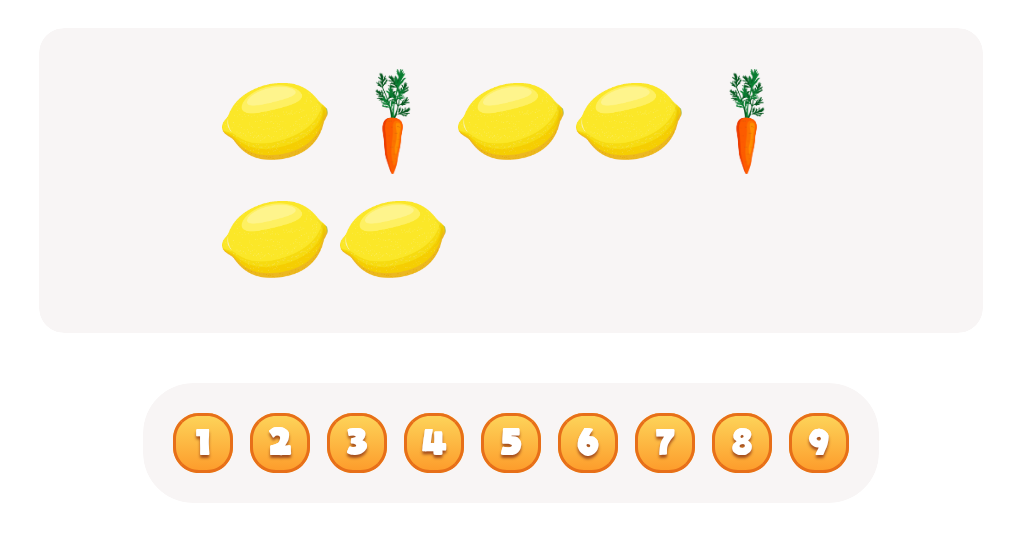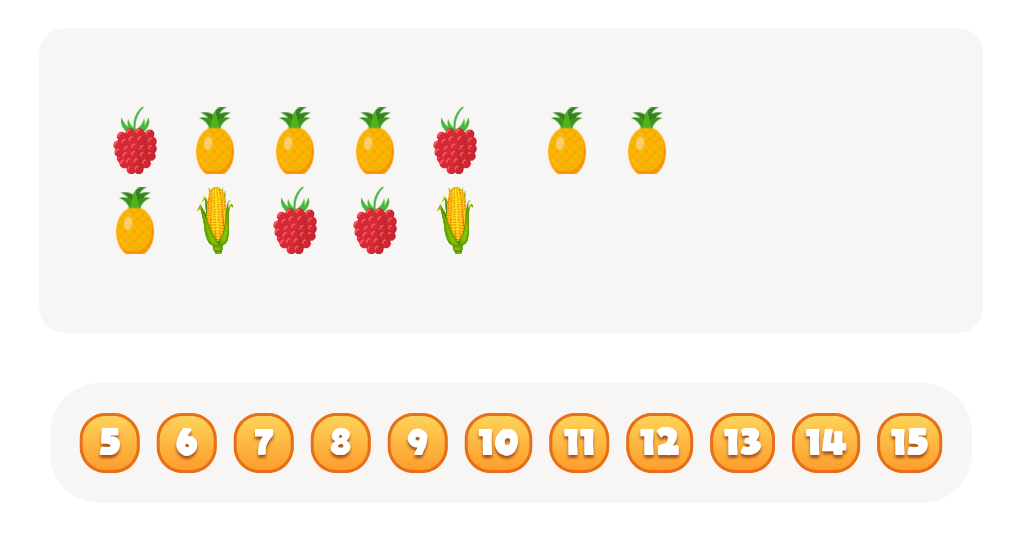Number Recognition Normal Plants and Animals Worksheets for Ages 5-7
4 filtered results
-
From - To
Discover our "Number Recognition Normal Plants and Animals Worksheets for Ages 5-7" – perfect for young learners! These engaging, educational worksheets help children recognize and learn numbers while exploring the captivating world of plants and animals. Designed to blend science with mathematical skills, each activity enhances number recognition, counting, and problem-solving abilities. Vibrant visuals and hands-on tasks keep kids excited and motivated to learn. Ideal for parents and teachers aiming to augment their child's understanding of nature while strengthening foundational math skills. Equip your little ones with fun, effective learning tools to foster their curiosity and cognitive development.


African Wildlife: Giraffe Worksheet
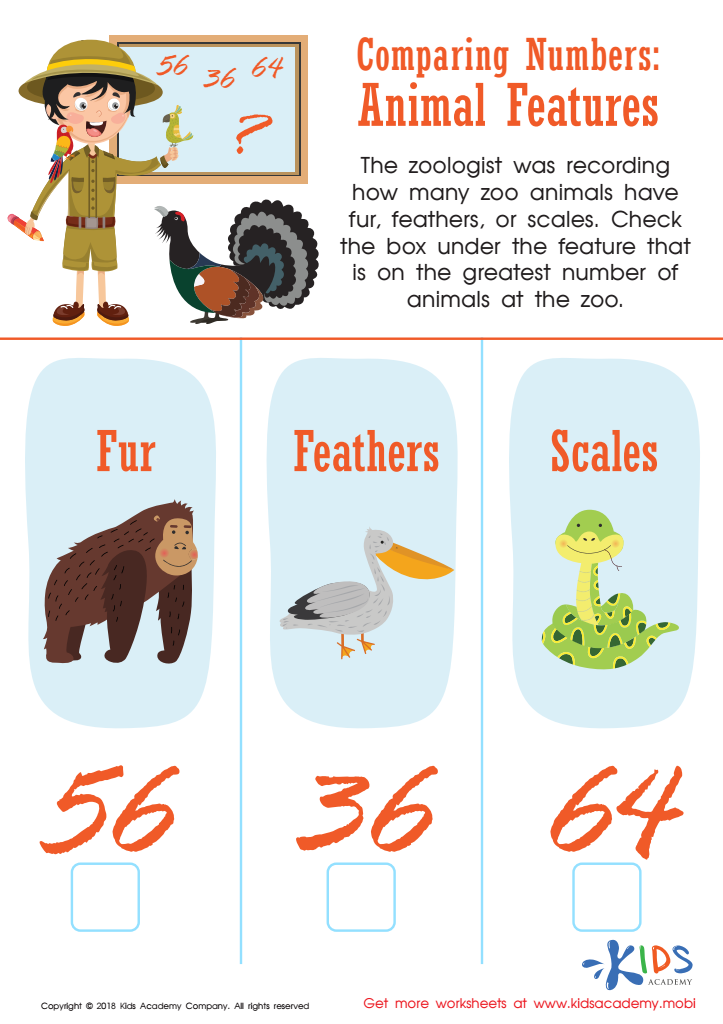

Animal Features Worksheet
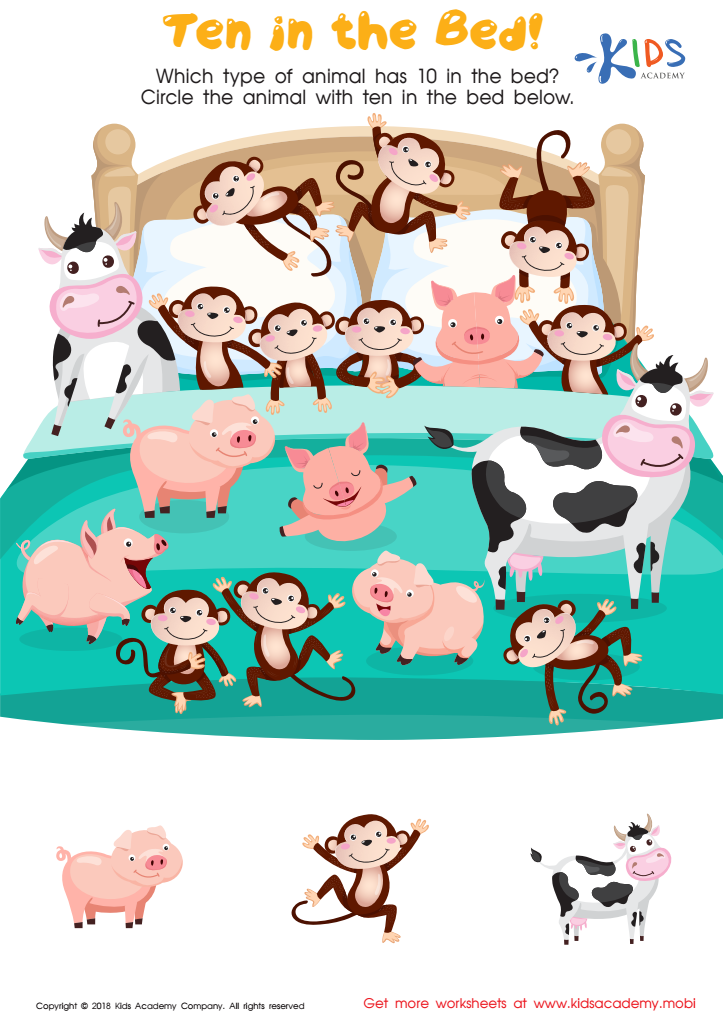

Ten in the Bed Worksheet
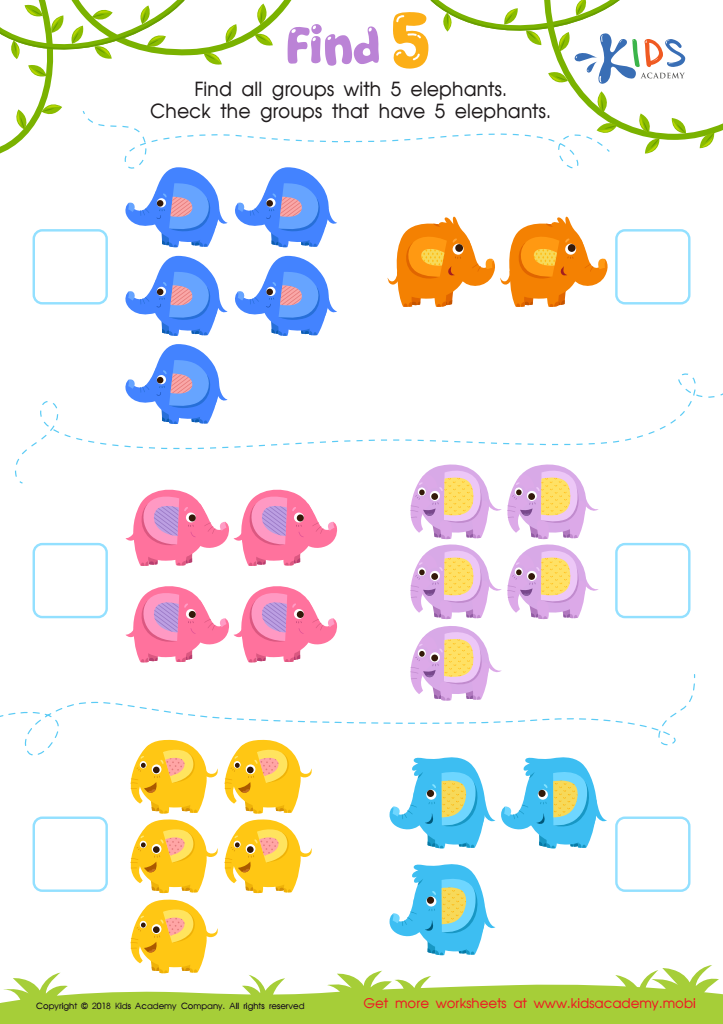

Find 5 Worksheet
Parents and teachers should prioritize number recognition and an understanding of plants and animals for children aged 5-7 because these foundational skills are pivotal for their overall development. Number recognition is the ability to identify and understand numbers, which lays the groundwork for early math skills. At this formative age, mastering number recognition fosters a sense of confidence in children as they begin to engage with basic arithmetic, pattern recognition, and problem-solving—skills that are highly valuable throughout their academic journeys and everyday lives.
Similarly, knowledge about normal plants and animals is crucial for early science education. Exploring the natural world develops children's curiosity, observational skills, and respect for the environment. When children learn about different species and their habitats, they gain a sense of wonder and an appreciation for biodiversity, which is essential for developing responsible, environmentally-conscious adults. Moreover, hands-on activities related to nature, such as planting seeds or observing animals, can kindle a lifelong love for science and exploration.
Together, number recognition and understanding of natural sciences promote critical thinking, enhance cognitive development, and build a foundation for future learning endeavors. Investing in these areas during the early years can significantly benefit children's academic growth and their development as curious, informed individuals.
 Assign to My Students
Assign to My Students
